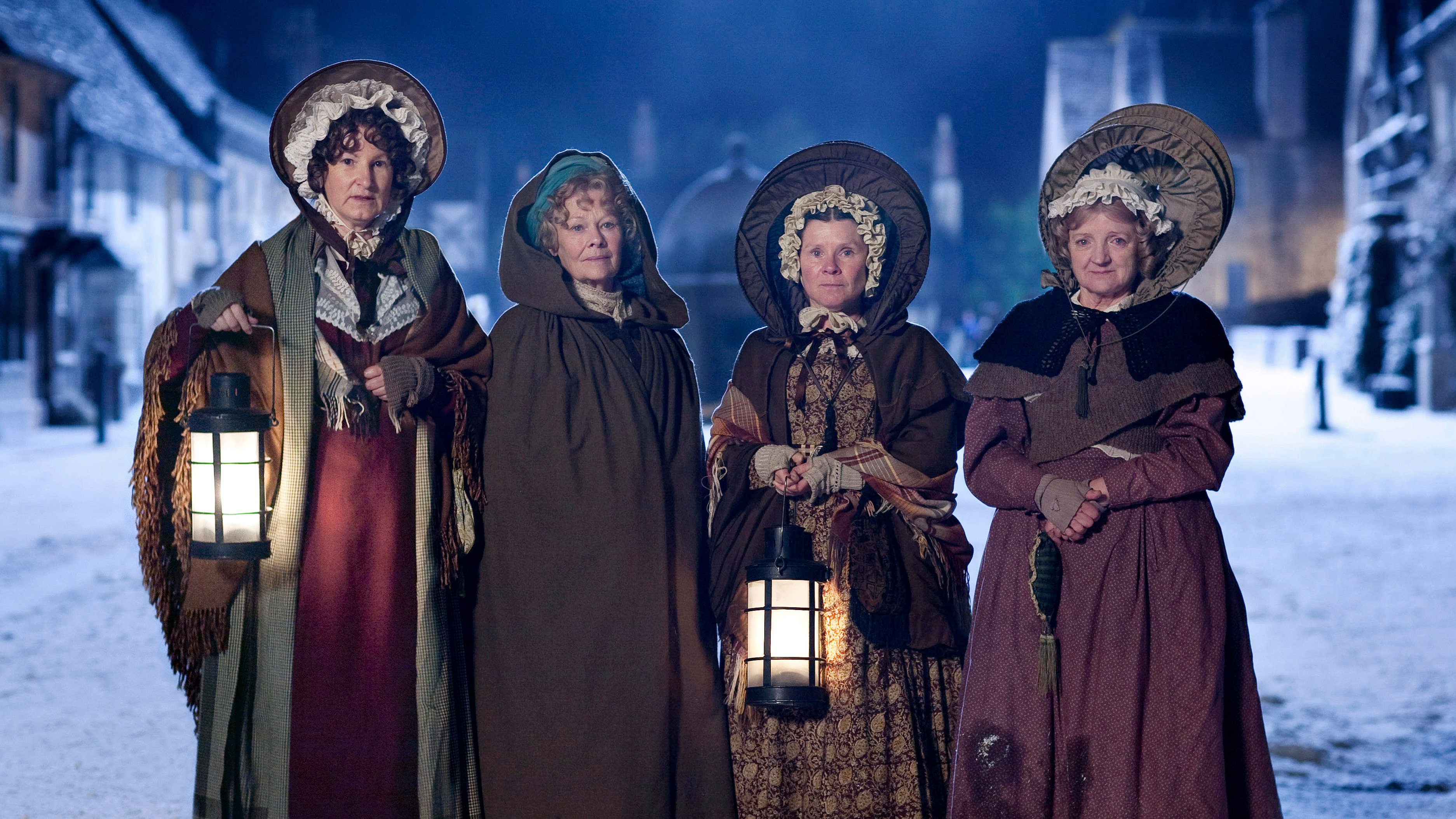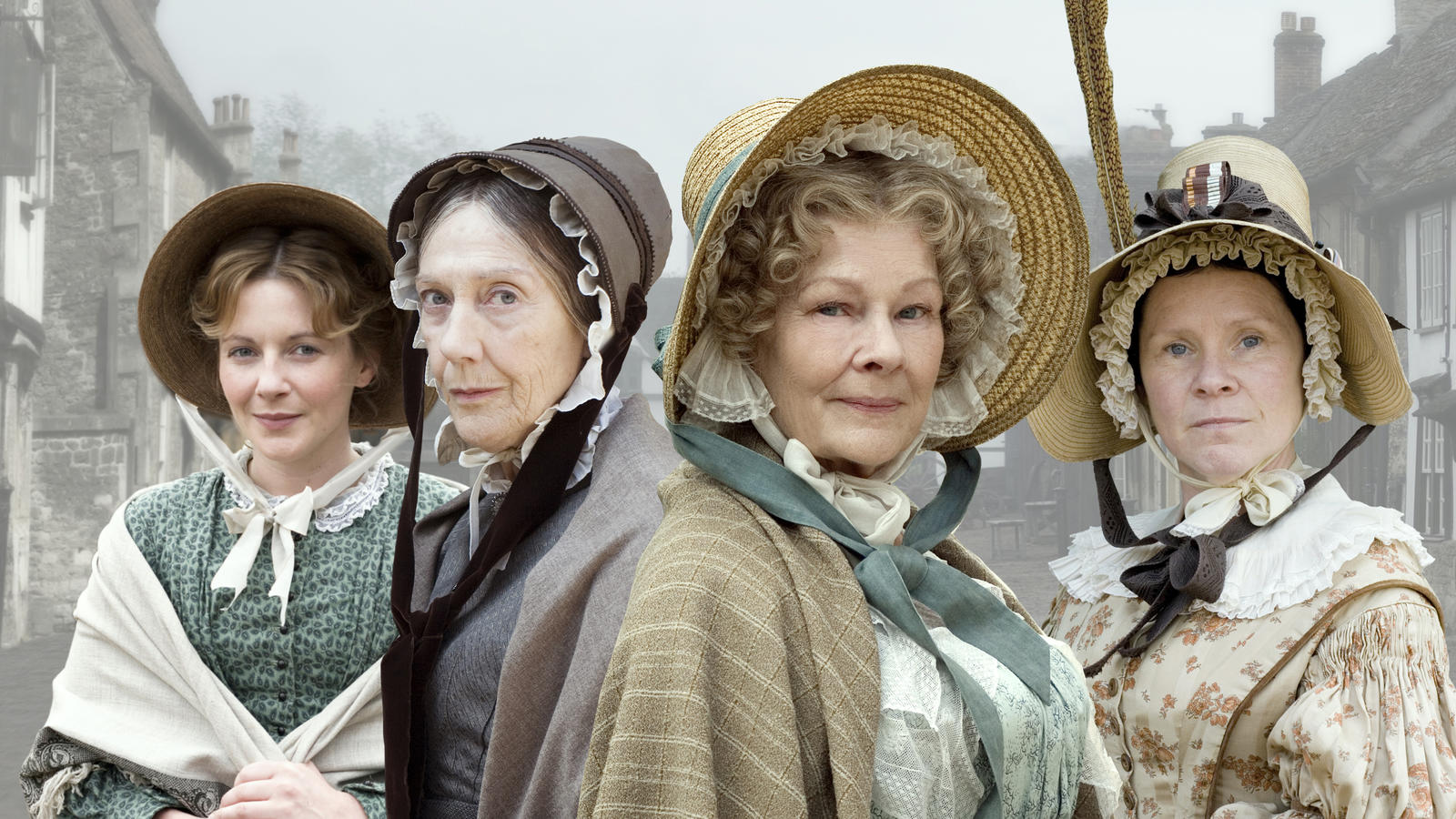

This fits perfectly with certain current social and political concerns in the UK (I have no idea if this is in any way paralleled in the US but this was a UK production). It is not with the couple that we are left but with the community.

This is of the entire cast – minus Dr Harrison (Simon Woods) and Sophy Hutton (Kimberley Nixon) who have just driven off on honeymoon – waving – first at the departing couple:Īnd then at the viewer.

My purpose here is to advance a theory – and it is tentativeĪnd quite possibly wholly wrong – about the underlying theme Was I because I thought the standards of cinematography, acting, mise-en-scene were so stunningly high. Secondly, I stress again that one reason I loved the series Partly because I can – that is to say my memories of the text are sufficiently hazy for me to be able to do so. This is partly because I think this is the right way to proceed, and First I am writing about the series as a television series with no reference to Gaskell. Probably it’s best to begin with a general reading of the social or political importance of meaning of Cranford Chronicles by Nick:

This January and February we’ve been reading Elizabeth Gaskell’s My Lady Ludlow and Mr Harrison’s Confession on Trollope-l as a result of a few of us having watched & then posted about Heidi Thomas, Sue Birtwistle & Susie Conklin’s film, an adaptation of Elizabeth Gaskell’s Cranford, a well-known book of stories centering on a group of mostly single older women living in a small community in southern England, together with the stories & characters found in My Lady Ludlow & Mr Harrison’s Confession. The film _Cranford Chronicles_: a paean to community Īs promised in my letter yesterday on Jenny Uglow’s Elizabeth Gaskell: A Habit of Stories, I today send you a letter about the film, Cranford Chronicles


 0 kommentar(er)
0 kommentar(er)
